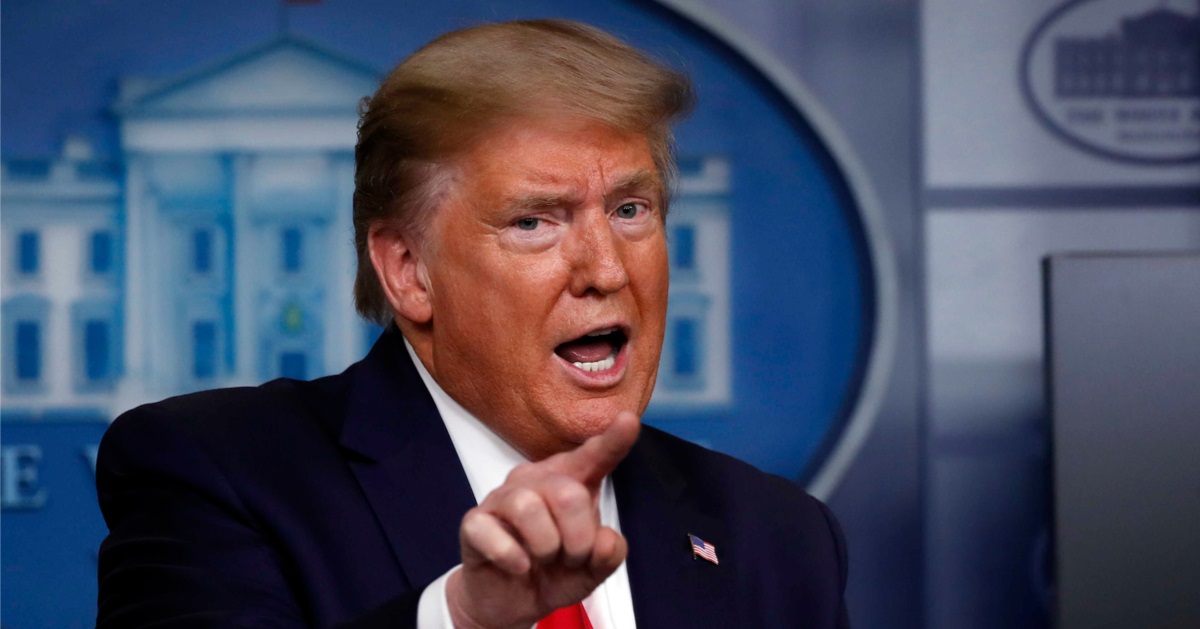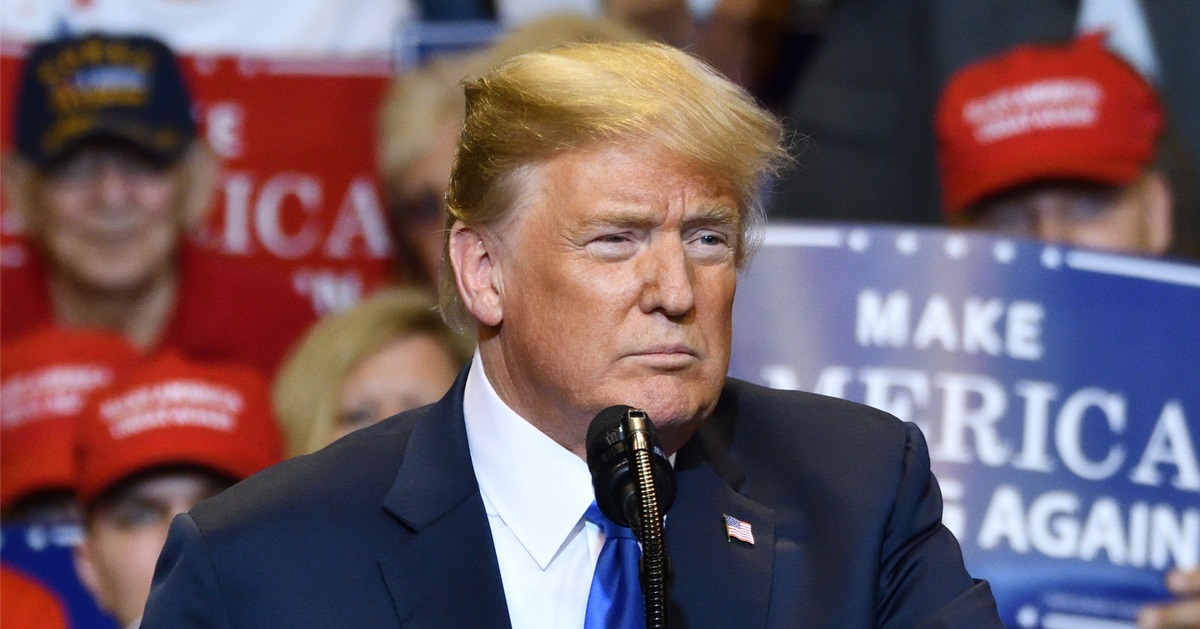Musk, GOP lose huge election to fill vacancy on Wisconsin Supreme Court
Wisconsin held a special election on Tuesday for a seat on its state Supreme Court, and tech billionaire Elon Musk went all-in with his support of Judge Brad Schimel, a Republican-backed candidate.
Unfortunately for Republicans and Musk, a strong majority of Wisconsin voters decisively cast their ballots in favor of Judge Susan Crawford, the Democrat-backed candidate, giving the state's highest court a liberal majority for at least another year, New York magazine's Intelligencer reported.
The results are being widely reported as a total bust for Musk and a rebuke of his deep involvement in the race, which included more than $20 million spent by the billionaire and groups funded by him, an endorsement and rallies, countless social media posts, a petition drive against "activist judges," and giveaways of $100 -- plus $1 million to two lucky recipients -- to individuals who signed Musk's petition.
Liberal candidate defeats conservative candidate
Local Fox affiliate WLUK reported that with 99% of precincts reporting as of Wednesday morning, the liberal candidate overwhelmingly defeated the conservative candidate in Wisconsin's Supreme Court race.
Out of more than 2.3 million votes cast, Judge Crawford received more than 1.3 million, or about 55%, compared to just over 1 million, or about 45%, for Judge Schimel.
Interestingly enough, while Democratic candidates also won several other local and statewide races in Wisconsin on Tuesday, voters also approved by a nearly two-to-one margin, 63-37%, a referendum to codify voter ID requirements in the state's constitution.
Musk's involvement in the race cut both ways
NBC News reported that the ramifications of the Wisconsin Supreme Court election will be significant. The court is poised to decide several major issues over the next year, which could have sizeable ripple effects for several more years to come.
That includes issues like abortion rights, collective bargaining rights for public union workers, and redrawing congressional redistricting maps, among other things, all of which will now almost certainly be decided in favor of Democrats by the court's overtly liberal majority.
The results also represent a sharp blow against Musk and reveal that there are limits to what his funding and influence can attain, as well as that his involvement in politics can be a double-edged sword.
To be sure, Musk's actions in support of Judge Schimel may have motivated Democrats to turn out and vote more than Republicans, and Democrats clearly painted Musk as a central villain in the campaign, accusing him of corruptly attempting to buy a justice on the high court with his $20+ million, which represented around one-fifth of the record-setting total spent on the judicial race.
Indeed, in her victory speech Tuesday night, Judge Crawford said, "As a little girl growing up in Chippewa Falls, I never could have imagined that I’d be taking on the richest man in the world for justice in Wisconsin. And we won."
What does this mean for Musk?
A Washington Post analysis of Tuesday's special elections in Wisconsin and elsewhere suggested that one of the main takeaways from the results was that Democrats had an encouraging night and have picked up some momentum following the party's disappointing losses in November's elections.
Another was that Musk had committed an "unforced error" by so heavily involving himself in the Wisconsin judicial race at a time when his simultaneous involvement with the Trump administration has made him a sharply polarizing figure for many Americans.
The result now calls into question whether Musk is an asset or liability for Republicans, and it wouldn't be surprising to see some in the GOP attempt to distance themselves from him, particularly if they are in competitive districts, though it is always difficult to draw any sort of broad nationwide assessment or accurately predict future outcomes based off of isolated special elections.



